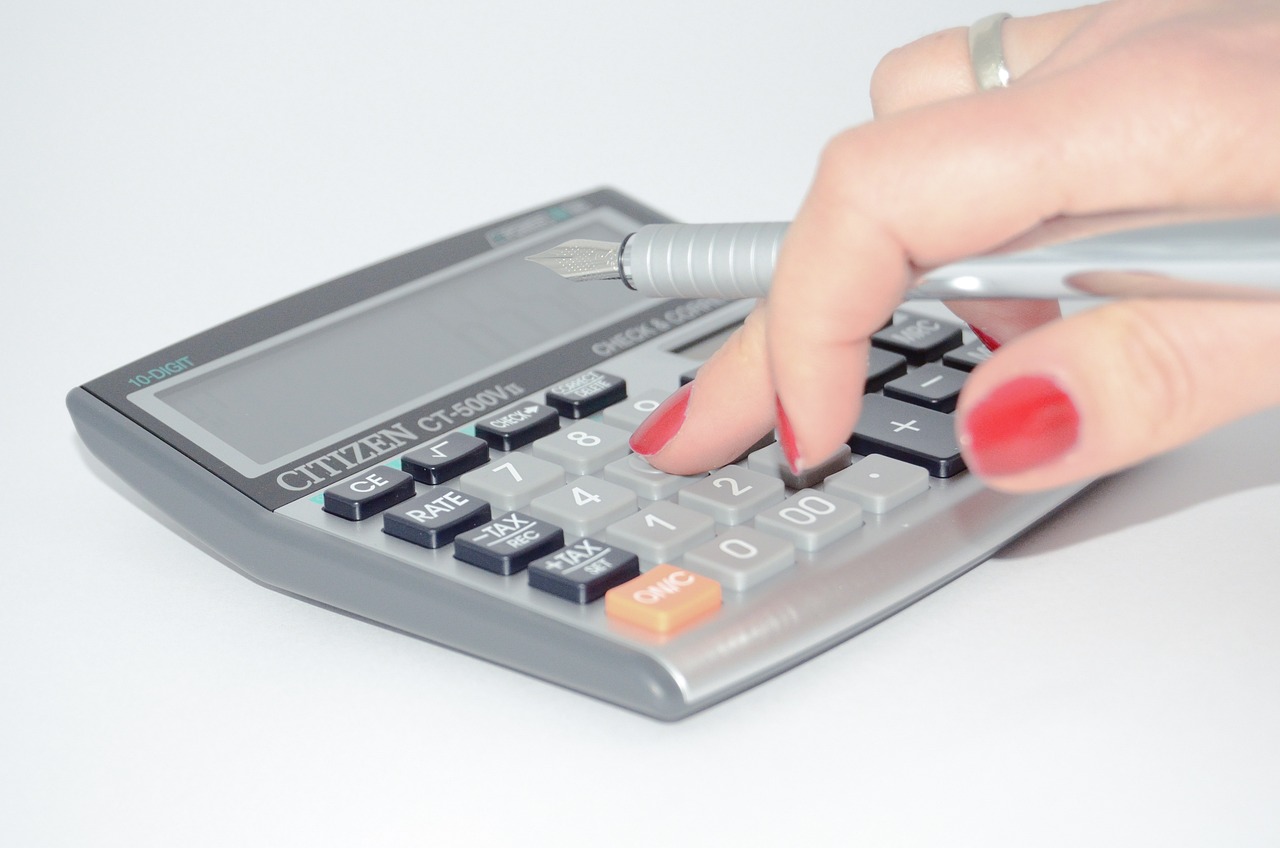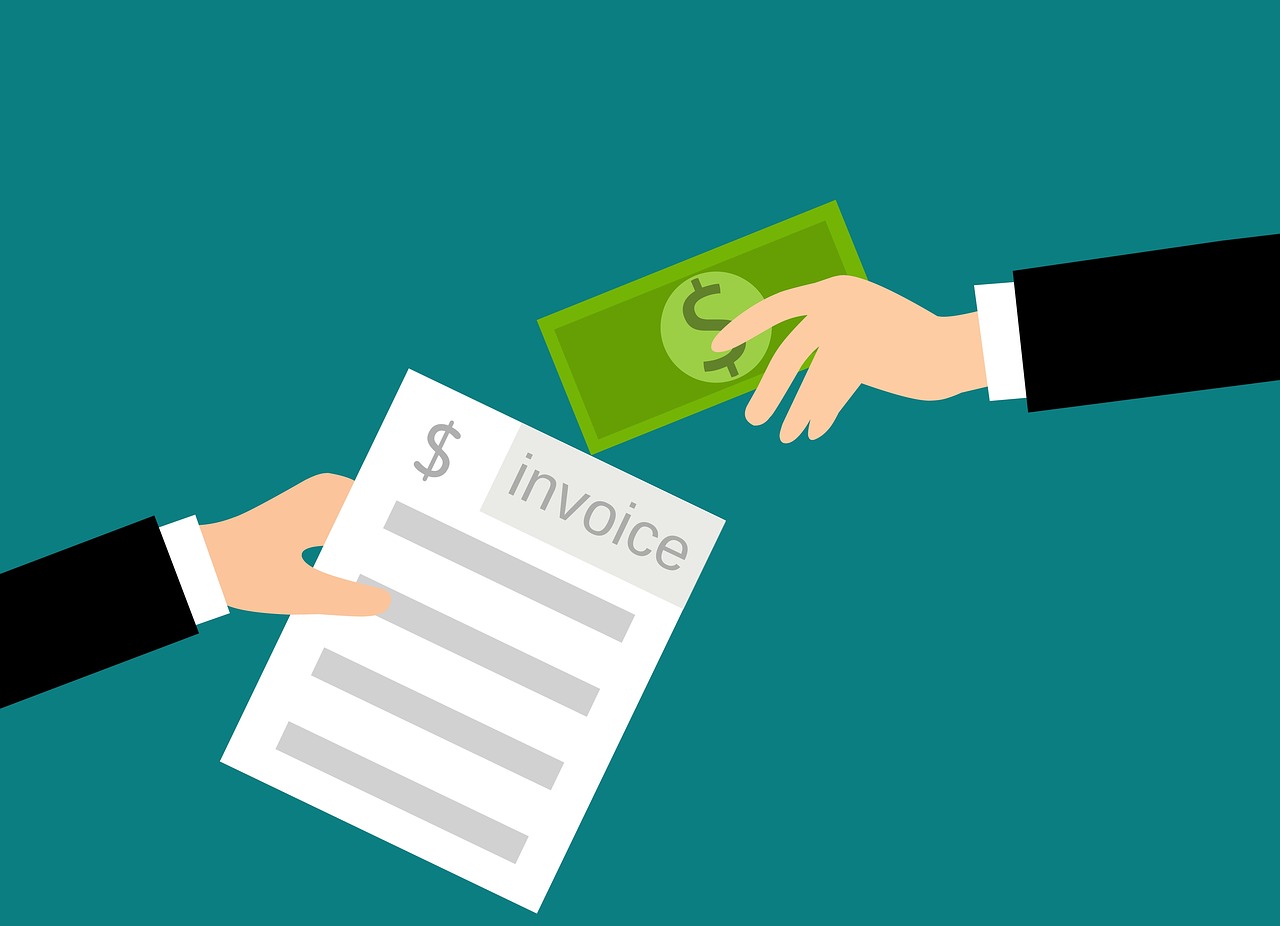Do Invoices Need to Be Signed?
If you’re on the fence about whether your business invoices should be signed or not, take a closer look at the meaning behind this notion, as well as explore the topic of how to
create an invoice in detail. In this piece, we will shed some light on the importance of signing these vital docs. So, what does a signed invoice mean? Does the invoice need to be signed? Keep reading to get the full picture.
What Invoice Is and When It Is Required
In simple terms, an invoice is a document that itemizes products and/or services rendered, along with the prices for them and payment specificities. The doc is issued by a supplier to a client. Usually, it happens when the work is complete (or when the purchase is finalized). With that said, writing an invoice is a pre-payment measure. The sooner you do it — the higher your chances of getting paid fast are.
Invoicing isn’t rocket science. Just get to grips with the basic formula, include all the necessary elements, and that’s about it. But should invoices be signed? To get this question effectively answered, we’ll look at the legal essence of invoices, cover the benefits of signing them, and touch upon the possible drawbacks of adding a signature to the doc. It’s worth stressing that invoices don’t serve as legally binding contracts on their own. This document is considered leg itimate only if both parties involved agree to the terms it outlines.
itimate only if both parties involved agree to the terms it outlines.
With all that said, your signature on invoice is not a must. It neither guarantees a timely payment nor adds any particular value to the doc. Still, if (some of) your customers prefer a signed invoice, do add it to the file. It’s fast and effortless — and it’s sure to bolster your professional reputation, so doing it is definitely in your best interest.
Easy Ways to Sign Invoices
This doc is a vital part of many businesses. It informs your clients of how much they owe you for your products or services. Basically, the document serves as a receipt. If your customer hasn’t paid for what they’re purchasing from you yet, your invoice should incorporate your signature and a space for their signature. That’s where the answer to your ‘Who signs the invoice?’ question kicks in. Both sides do, but they’re not obligated to do it.
When both parties sign the doc, it means they agree they are legally responsible for adhering to the terms it contains. Wondering about the easiest way to sign your invoices? The answer is plain and simple: digital. Go online, stick with a reliable invoicing platform that offers a treasure trove of invoices examples templates for free, and sign your documents (or send them for a signature) on the go in a flash.
Digital signatures are unique codes that pinpoint and verify the identity of an individual or a company. E-signatures are utilized for the purpose of verifying and signing files in a speedy and secure manner.
How to Sign an Invoice
A digital invoice sign is a norm in modern business practices. Therefore, using a solid template that will allow you to bill your clients in the speediest and most effective way is a powerful and time-saving solution. If you use a handy digital signature tool, you’ll only need to follow a few quick steps to add your signature to the doc.
Here’s an example of those steps:
- Register with the service.
- Find the needed template.
- Customize it to your needs.
- Add your signature online. It’s super fast and easy.
Digital document signing, as opposed to traditional signatures, has grown more and more popular over the years. More and more countries throughout the world have switched from manual to digital signatures, stimulating businesses to entirely go digital and further automate their administrative workload.

Whether you’re a supplier or a customer, digital invoice signing comes with multiple benefits. Find the major ones below:
- Loads of precious time and money saved. Ensuring that your paper-based docs are successfully signed by both sides of the deal is time-consuming and costly. Therefore, the most delay-proof option here is to just send the doc to the selected recipients in a matter of minutes and thus tremendously speed up your file processing time.
- All your files are under secure digital encryption protection. Along with enhanced efficiency, digitally signed docs are a better choice compared to paper-based ones in the context of security. With a solid online invoice management system at your disposal, all your signatures will be encrypted and fraud-proof
- Real-time document monitoring. Wondering whether the invoice you sent to a new customer has been opened? E-signatures help you answer this question in a much more effective way in comparison to the paper variation. From formation to modification, verification, and storage — the whole digital invoice lifecycle is exceptionally transparent. Via cloud-based online signing, you can monitor the status of your docs in real-time. Furthermore, some platforms will even send automatic reminders to your customers ensuring you get paid in a timely manner.
- Regulatory compliance and wide acceptance. Did you know that e-signatures are enforceable in almost every country in the world? That’s a well-known fact. With that said, if your company works with international clients, using digital signatures is your best bet, for they are as legitimate as their handwritten brothers.
Now, just a few words on the perks of digital invoicing:
- paperless equals cost-effective;
- online equals getting paid faster;
- sort out your docs on the go;
- have round-the-clock, speedy access to your files;
- say goodbye to printing and save your hard-earned money.
So, do invoices have to be signed? Not necessarily. Nevertheless, an invoice with signature is an indicator that the deal between you and your customer is official and mutually agreed upon. From saving heaps of your time, finances, and trees to skyrocketing collaboration with your customers to stardom, it’s pretty natural that a digital signature on an invoice is now transforming into a new business reality.

The Legal Essence of the Signature on the Accounts
Discussing invoice signatures, their legality, andrequirements are crucial, representing a mutual agreement and ensuring authenticity. They serve as assurance that the document has been reviewed and agreed upon by all parties involved. While the need for signed invoices can vary based on jurisdiction, they still underscore the importance of agreed terms and can prove beneficial in resolving disputes.
Signatures bear significant importance in a business setting, especially in confirming consent to payment terms and conditions. The parties, having agreed to the stipulated requirements, are implicitly legally bound to adhere to the payment terms. Even though not a legal necessity, such practices streamline the business process, making it akin to ‘awarding a contract’.
Exceptions to the Requirement to Sign Invoices
Understanding when a signature isn’t necessary is crucial for business owners. Situations where using it may be redundant include:
- Instances where electronic invoices are used.
- Transactions involving repeat orders from established customers.
- Smaller transactions, where the administrative effort of signing, may outweigh the benefits.
Additionally, in the absence of actual signatures, alternate digital solutions exist to confirm payment and accept account terms. These include:
- Email confirmations acknowledging acceptance of the invoice.
- Use of secure online payment portals.
These alternatives can provide the same level of assurance as an actual signature, highlighting the flexibility and efficiency of electronic invoicing systems.
Practical Guidelines for Using Account Signatures
Adopting best practices for signing and requesting signatures can make the process more efficient and secure. These could include using secure signing platforms, ensuring all necessary parties sign the document, and safely storing the signed invoices for future reference.
To ensure the authenticity and integrity of signed invoices, use secure, tamper-proof methods like digital signatures. Regularly back up and store these electronically to prevent loss or damage, and handle unsigned invoices with extra caution.
Remember, whether signed or unsigned, the handling of invoices should always prioritize professionalism and efficiency to deliver the best service to your customers.
Radomir Novkovich
Co-founder of Saldo Apps. His core competencies include product management, mobile app marketing, financial advertising, and app store optimization.
Learn more


 itimate only if both parties involved agree to the terms it outlines.
itimate only if both parties involved agree to the terms it outlines. Whether you’re a supplier or a customer, digital invoice signing comes with multiple benefits. Find the major ones below:
Whether you’re a supplier or a customer, digital invoice signing comes with multiple benefits. Find the major ones below:




